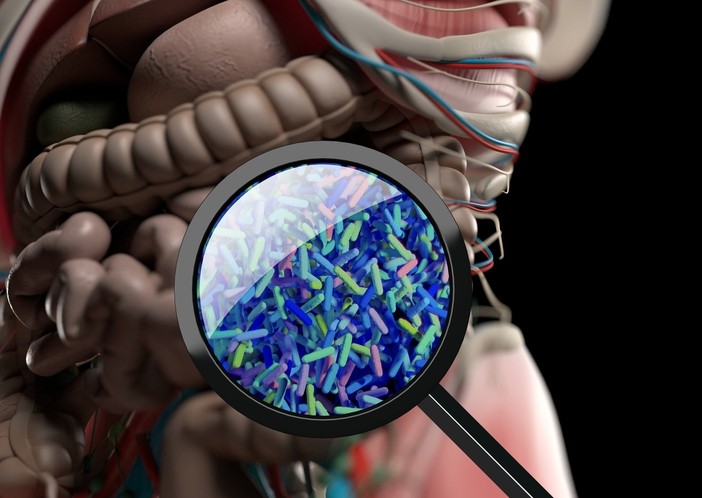B. longum strain helps reduce IBS symptoms in children and adolescents

The real-world, single-arm, open-label study concluded clinically meaningful improvements were seen in 96.6% of participants with IBS severity scores, shifting from moderate/severe at baseline to mild/remission after 12 weeks, and vitamin D deficiency did not impact probiotic response.
This is the first study to report on the effectiveness of this specific probiotic strain in a pediatric IBS population.
Serum vitamin D levels have been found to be lower in people with IBS than those without, with a high incidence of deficiency in IBS populations. resulting, perhaps, in a pro-inflammatory state given the anti-inflammatory properties of this vitamin.
Double-blind, placebo-controlled trials have previously found B. longum 35624 can reduce GI symptoms in adults with IBS and although its safety has been confirmed in a pediatric population, data demonstrating its effectiveness among children with IBS has not previously been published.
The authors from Chile conducted this study, sponsored by PrecisionBiotics Group Ltd. (which has since been acquired by Novozymes A/S, which subsequently partnered with Chr Hansen to create Novozymes), to investigate the effects of the strain on GI symptoms in children and adolescents with IBS and explore the relationship with baseline vitamin D status.
"The findings of this real-world study contributed to the evidence base for the use of B. longum 35624 in the management of IBS symptoms, confirming its effectiveness in a pediatric population even in the presence of vitamin D deficiency," the report concluded.
The study
Potential participants were identified in gastroenterology clinics by their managing physician and referred to the study physician. Children and adolescents aged 8–18 years old residing in Santiago and Coyhaique, Chile, were considered for inclusion if they met the Rome IV diagnostic criteria for IBS (with or without other DGBI), reported at least two episodes of abdominal pain per week, and had moderate to severe disease severity according to the IBS severity scoring system (IBS-SSS)
Participants were given the study product by the study physician (Alflorex, produced for PrecisionBiotics Group Ltd., Cork, Ireland) containing 1 × 109 colony-forming units of Bifidobacterium longum 35624 per capsule.
During the 12-week intervention with B. longum 35624, there were significant improvements in all IBS-SSS domain scores, including abdominal pain severity and frequency, abdominal distension severity, and bowel habit satisfaction, with a high proportion of participants experiencing improvements across multiple domains. This culminated in a clinically significant decrease in IBS-SSS composite score, and a distributional shift towards less severe IBS-SSS severity categories,.
The observed improvements in IBS-SSS scores were evident from week six and peaked at week 12.
The absence of a comparator group was a key limitation of this open-label study. A notable placebo effect has been reported in IBS studies, with an average decrease in composite IBS-SSS score of 30 points with placebo reported.
However, the size of the reduction in composite IBS-SSS score in the current study, exceeding 270 points, the high proportion of participants who experienced a 50-point or more reduction, (validated as a reliable indicator of clinical improvement), and the consistency of these results with those of double-blind, placebo-controlled trials of B. longum 35624 in adult IBS populations are suggestive of a true probiotic effect, the authors concluded.
Source: Nutrients
https://doi.org/10.3390/nu16121967
"Effects of Bifidobacterium longum 35624 in Children and Adolescents with Irritable Bowel Syndrome"
Authors: Cruchet Muñoz, S.; Verbeke Palma, S.; Lera Marqués, L.; Espinosa Pizarro, M.N.; Malig Mechasqui, J.; Sorensen, K.












